Training Healthcare Workers to Support Youth Battling Substance Abuse
Belizean healthcare workers are taking the lead in breaking down the stigma and discrimination faced by young people dealing with substance abuse. Today, the Ministry of Health and Wellness launched a two-day workshop focused on creating a more supportive, youth-friendly approach to care. They’re setting out to ensure that adolescents struggling with substance use feel seen, heard, and helped, not judged. News Five’s Britney Gordon was there and brings us the story behind this important initiative.
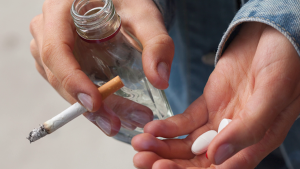 Britney Gordon, Reporting
Britney Gordon, Reporting
It’s something we’ve all witnessed, maybe even brushed off. A ten-year-old casually buying cigarettes at the neighborhood shop, or a teen sipping alcohol at a family party. It might seem normal to some, but it’s neither legal nor harmless. Each year, more and more Belizean adolescents are being exposed to harmful substances, and alarmingly, at younger ages. That early exposure can lead to long-term consequences.
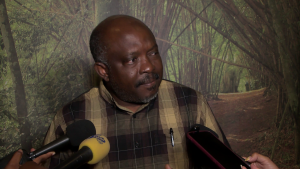
Olusola Oladeji
Dr. Olusola Oladeji, Health & Nutrition Specialist, UNICEF
“Adolescent have some personal problems, mental issue, emotional problems. Also, at the at family level, we find that some children, they’re being exposed at home to substances. Their parents are drinking, their uncles are drinking at ten-year-old, they’re asking them to drink, so they see as it’s part of life at community level, there’s access. You go to a place, even though they tell you that alcohol should be sold to an individual age of eighteen, but this is not being enforced. They can go anywhere. There’s a drug item called the Badman. These small items, alcohol, very cheap. Also, in school, we find that people are selling alcohol, they’re selling marijuana in school. All those things like that.”
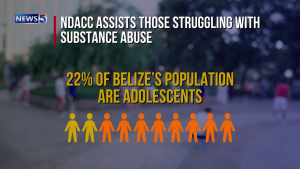 Nearly a quarter of Belize’s population is made up of adolescents, and substance abuse among them is becoming a serious concern. The problem is that many teens aren’t getting help because they’re afraid of being judged or mistreated. To change that, healthcare workers are now taking part in a two-day workshop focused on fighting stigma and making care more youth friendly. Dr. Mellissa Diaz-Musa from the Ministry of Health and Wellness shares what’s driving this important effort.
Nearly a quarter of Belize’s population is made up of adolescents, and substance abuse among them is becoming a serious concern. The problem is that many teens aren’t getting help because they’re afraid of being judged or mistreated. To change that, healthcare workers are now taking part in a two-day workshop focused on fighting stigma and making care more youth friendly. Dr. Mellissa Diaz-Musa from the Ministry of Health and Wellness shares what’s driving this important effort.
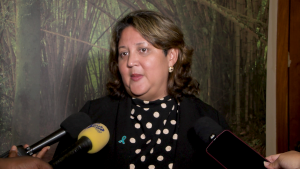
Melissa Diaz
Dr. Melissa Diaz-Musa, Director, Public Health & Wellness, MoHW
“We realized that there was a gap when it comes to services for adolescents, particularly. There’s a gap in, for example, sexual and reproductive health services, mental health services, and we realized that adolescents were not actually coming to our facilities or even when we go to schools, we did not have the sort of what we needed in terms of the cooperation from adolescents. So we launched an adolescent strategy in health. In 2023 and these trainings now form part of that, we’re ensuring that the operational plan to the strategy, that we ensure that we start to do our training not only to adolescents and to the general public.”
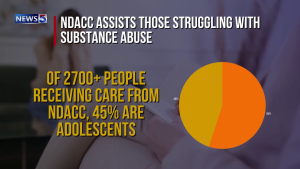 This two-day workshop is the result of a powerful partnership between the Ministry of Health and Wellness, UNICEF, and the Inter-American Drug Abuse Control Commission, with support from the National Drug Abuse Control Council as the lead facilitator. Right now, about forty-five percent of the people reaching out to NDACC for help are adolescents. According to Director Esner Vellos, that’s just the tip of the iceberg. Many more teens are out there struggling in silence, still not getting the support they need.
This two-day workshop is the result of a powerful partnership between the Ministry of Health and Wellness, UNICEF, and the Inter-American Drug Abuse Control Commission, with support from the National Drug Abuse Control Council as the lead facilitator. Right now, about forty-five percent of the people reaching out to NDACC for help are adolescents. According to Director Esner Vellos, that’s just the tip of the iceberg. Many more teens are out there struggling in silence, still not getting the support they need.
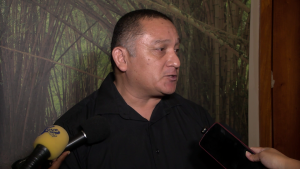
Esner Vellos
Esner Vellos, Director, National Drug Abuse Control Council
“When you look at the consumption patterns, it all depends on the geographical regions, right? In terms of consumption patterns of marijuana for example, you will see more consumption among the young population, even adult population, both male and female in the central region of our country. Yet when you look at alcohol consumption, you would see that there is more consumption of alcohol in the northern districts, in the southern districts, and that has to do with over porous borders, contraband, and accessibility to alcohol, particularly among the population.”
Training healthcare workers to offer care that’s kind, inclusive, and effective is just one piece of the puzzle when it comes to tackling stigma. The Ministry of Health and Wellness says it’s just as important to bring the wider public on board, building a stronger, united commitment to supporting Belize’s youth. Britney Gordon for News Five.




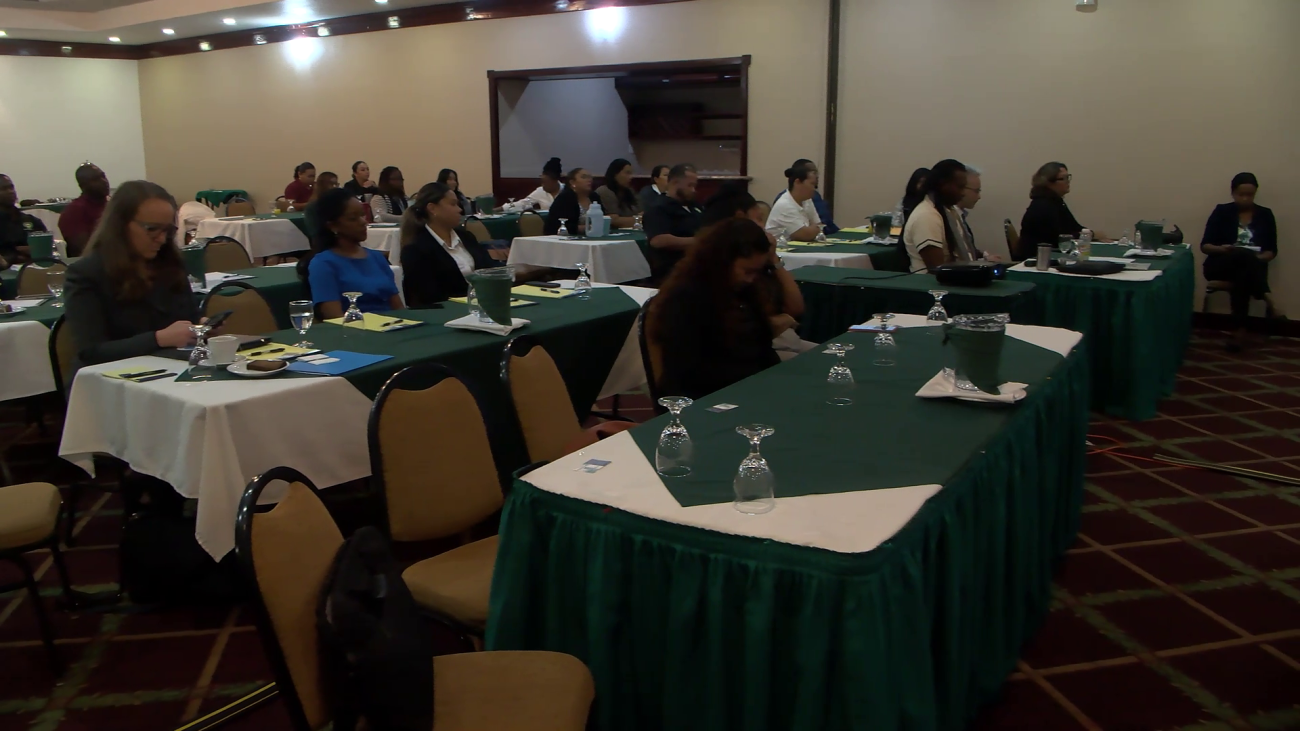

Facebook Comments